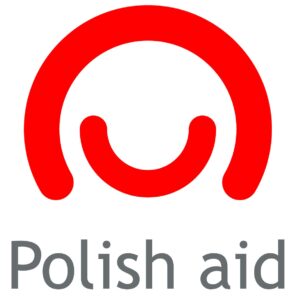Mathare Super Science Classes
Mathare Super Science Classes project
Status: Closed
Implementation Period: 2013-2014
Context and justification
Since 2003, primary education in Kenya has been free. Nevertheless, not all children have access to free primary education. Since its implementation, the government has not managed to build new schools nor employ a sufficient number of teachers. The existing 18,000 public schools, most of which date back to the pre-colonial period are not adequate to cater for about 5 million school-age children in Kenya (Ministry of Education, 2012). This inadequacy has the greatest impact on the inhabitants of informal settlements in Nairobi. The slum of Mathare in Nairobi, home to about a quarter a million people, has only eight public schools with a capacity to admit at most 15,000 children. Most of the inhabitants of Mathare send their children to approximately 100 non-formal, low-priced private schools.
The government offers little and at times no support to some of the informal schools. This means that the authorities in education do not have much control over the quality of education offered in non-formal schools. According to research carried out by Kenyatta University, only 12% of teachers who work in non-formal schools have graduated from teachers training colleges (the minimum requirement for a teaching position in Kenyan public schools). The majority of them have only completed high school. Often, children in non-formal schools are taught by teachers who only obtained primary school education and in some cases, this education is received in non-formal schools as well.
It is clear that lack of teaching aids and low level of teachers’ qualifications are factors that affect the low quality of education in schools in Kenya. Lack of understanding of the content of what is taught and learning by heart are some of the greatest challenges facing education in slums.
The problem of near-total digital exclusion of schools is another challenge facing education In Kenya. Access to computers in Kenya is very low (1 computer to approximately 150 children) and in the slums, it is worse. There are only two educational computer centers in the slums of Mathare established in 2012 by Partners Poland Foundation. In 2006, the Kenyan Ministry of Education, Science, and Technology (MOEST) formulated a new strategy of promoting and increasing access to ICT in education that was documented in the National ICT Strategy for Education and Training. However, so far, the implementation of the strategy has not reached public primary schools and the informal schools in slums were not even taken into consideration at all.
Objectives
The main objective of the project is to increase the chances of education and life opportunities for underprivileged children from the slums of Mathare by providing them with access to modern science education which shapes critical thinking and creativity.
Main Actions
- Creation of an informal teacher-training center that will train teachers from slums. This center will be operated by a network of local trainers and experts who will support the schools
- Equipping students and teachers with computer skills and information on free and valuable educational resources in the Internet
- Reducing digital exclusion of children and teachers from Mathare by providing them with access to computer infrastructure and Internet.
- Equipping teachers with innovative science teaching competences which will inculcate the skills of critical thinking, investigating and learning to understanding in their students.
- Equipping Mathare schools with modern teaching aids and materials which will enable them teach science in the reality and context of informal settlements: portable laboratories and galileoscopes to observe the universe.



















